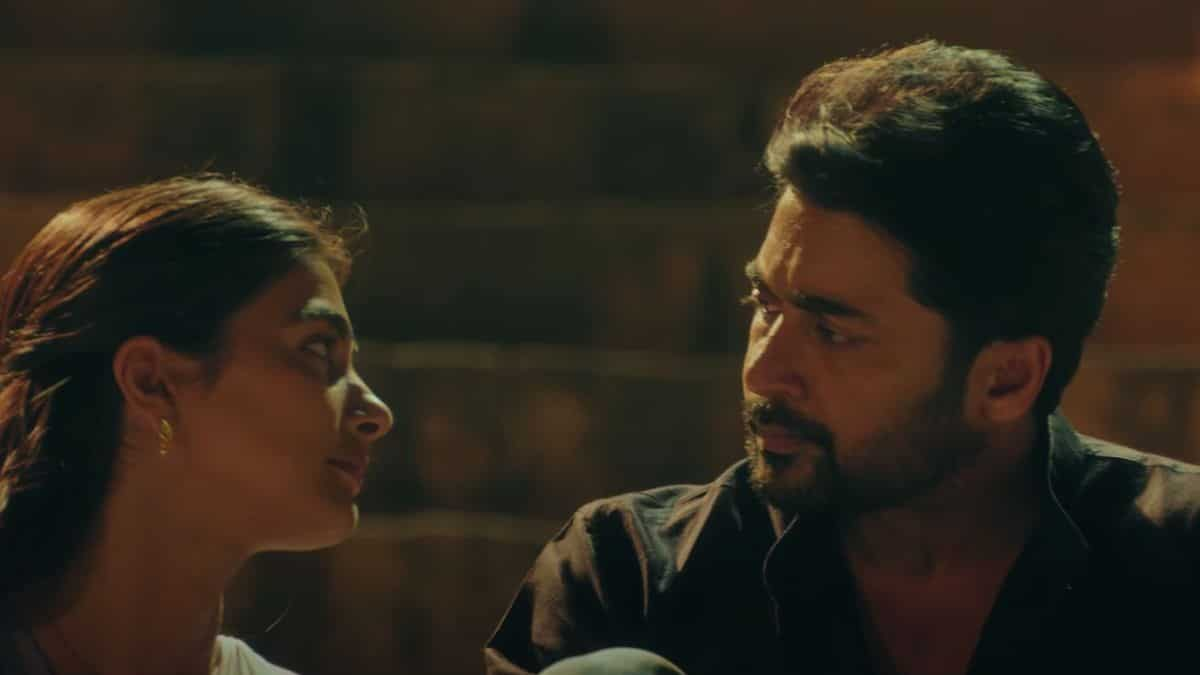
Is it time for India to look beyond Commonwealth Games?
6 months ago | 5 Views
Mumbai: There was considerable frustration within the Indian sporting community over the trimmed version of the 2026 Commonwealth Games (CWG). Of the nine sports axed for Glasgow to accommodate a more budget-friendly event, India had medalled in six — wrestling, table tennis, badminton, hockey, squash, cricket — from the 61-medal show in 2022 Birmingham.
But as the dust settles on the raw reactions and the reality of a CWG lite being the way forward becomes increasingly apparent for a sporting event anyway battling relevance, there’s a larger question worth mulling over. Could India look beyond the CWG entirely, especially with it being stripped of the quantity of sports along with the quality of competition it has to offer?
“I feel it is time now to think above and beyond the CWG. In several sports, India has crossed the threshold of the CWG, where the level of competition has been deteriorating over the years,” said Viren Rasquinha, former India hockey captain and CEO of Olympic Gold Quest. “We should aim higher and focus on tournaments that will give us more clarity on where we truly stand in terms of the Olympics.”
There are a couple of factors to underline this point. First, in four of the six axed sports that were part of the 2024 Paris Games, India pocketed 27 medals at the Birmingham CWG. In Paris, they accounted for two. In these sports, and indeed in a few that are still in the Glasgow programme like weightlifting and boxing, the testing ground at Commonwealth level is hardly as arduous as it is at the Asian or world level. That doesn’t go for all sports, of course. Athletics, hockey and squash, for instance, have tougher competition at CWG compared to Asian Games.
Second, in most of these sports, there are enough Indians competing and making their presence felt in tournaments offering world-class competition: the World Championships, World Cups, Asian Championships, Asian Games. In most sports, the volume of global tournaments all year around has significantly increased, and so has the Indian flavour in it.
“In the 1960s, 70s, 80s, and maybe even 90s, many of these CWG nations needed this competition (CWG). But now, as far as India is concerned, it’s not relevant,” U Vimal Kumar, former India badminton player and national coach, said. “Every sport has now got a vibrant circuit at the world stage, and that goes for badminton too. I would prefer for India to focus more on other events now.”
“Just because TT isn’t part of the CWG, the game doesn’t die. Many new tournaments have come up,” said table tennis Olympian Kamlesh Mehta, Table Tennis Federation of India secretary general, terming CWG’s decision to axe TT bereft of “sporting sense”.
“We now have the WTT (World Table Tennis) tour, and within it various key events that are as important, if not more, for a player, especially in terms of rankings.”
Where the CWG hole may be felt is for budding athletes who could potentially use the Games as a launchpad to loftier targets (think shooter Manu Bhaker or paddler Manika Batra at the 2018 CWG). And, undoubtedly, in the monetary rewards and recognition for athletes and coaches that follows a CWG medal.
“CWG was one of the launchpads; now they could look at other tournaments for that,” Rasquinha said. “I know prize money and rewards for CWG medals is a consideration. But from a larger Olympic perspective, there are many other important competitions that we should be targeting to conquer if we want to be serious about going into double digits at the Olympics.”
Asian Games focus
Another silver lining to the trimmed CWG is that the focus can fully shift to the Asian Games, the continental multi-sport event usually held in the same year as CWG. In 2026, there’s just over a month’s gap between the Glasgow CWG and the Nagoya Asian Games. In several sports, Asian Games also doubles up as an Olympic qualifying event.
“We can focus better, and invest better, towards preparing for the Asian Games,” Vimal Kumar said. “Forget about CWG.”
“The CWG at times gives you a false sense of security of where you actually stand,” Rasquinha said. “So, if India were to decide to not go for the CWG at all, I wouldn’t bat an eyelid, to be honest.”
HOW DID YOU LIKE THIS ARTICLE? CHOOSE YOUR EMOTICON !
#




















